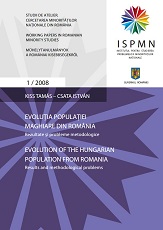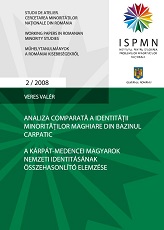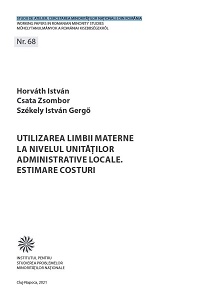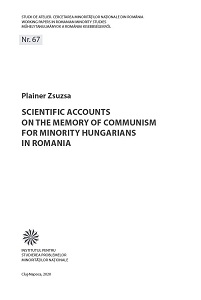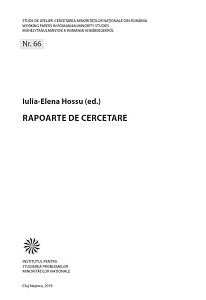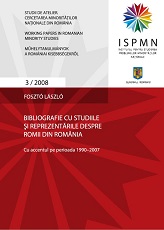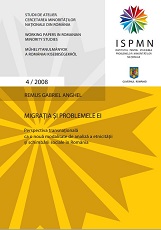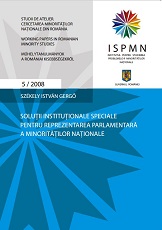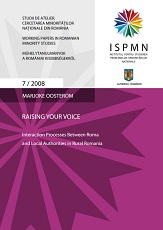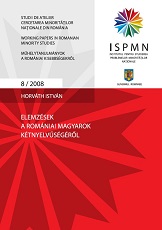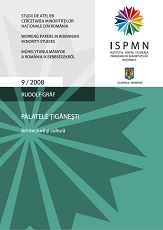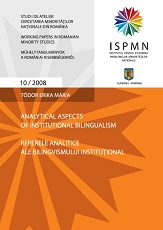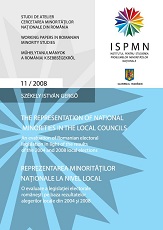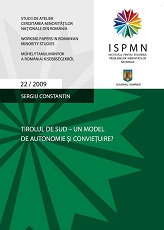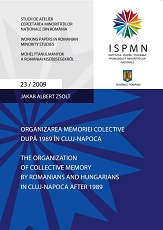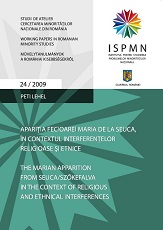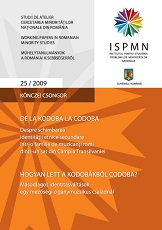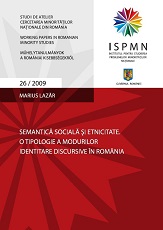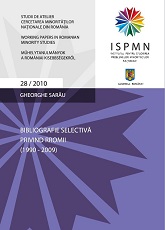Bibliografie selectiva privind rromii (1990-2009)
Author(s): Gheorghe Sarau / Language(s): Romanian
Keywords: Bibliography; Roma people; Ethnic minorities; 1990-2009;
Din pacate, oamenii, în general, nu prefera rigoarea, metoda, iubesc mai degraba o „poveste”,o „spunere” despre ceva. Este si neplacut sa aduni firicel lânga firicel, ca sa-ti iasa, în final, o cununa!Respingerea instrumentelor de lucru ne îndeparteaza însa de „miezul” cercetarilor, de adevar. De aceea,orice încercare de a produce un instrument de lucru - o bibliografie, un dictionar, o enciclopedie etc. – artebuie sa se bucure de mare respect, pentru ca ne scuteste pe toti ceilalti de efortul de a cauta inutil. Pentru domeniul rrom, am fost mereu ispitit sa-mi întocmesc, mai întâi pentru uzul propriu, apoi sipentru altii, tot felul de bibliografi „de lucru”. Asa am strâns fise pentru o cartoteca de mari dimensiunidespre rromii lumii, pe care le-am excerptat, cu grija si pasiune tinereasca, în perioada 1983 – 1990, din putinele lucrari ce puteau fi gasite în biblioteci, din si mai putinele reviste straine ce se puteau consultadoar într-o singura sau doua biblioteci din tara. În perioada respectiva, de pilda, revista pariziana „ÈtudesTsiganes” – ce aparea înca din anul 1995 – nu se gasea spre consultare decât la Biblioteca de Stat (actuala Biblioteca Nationala) si la Institutul de Studii Sud –Est Europene, ambele în Bucuresti.
More...
